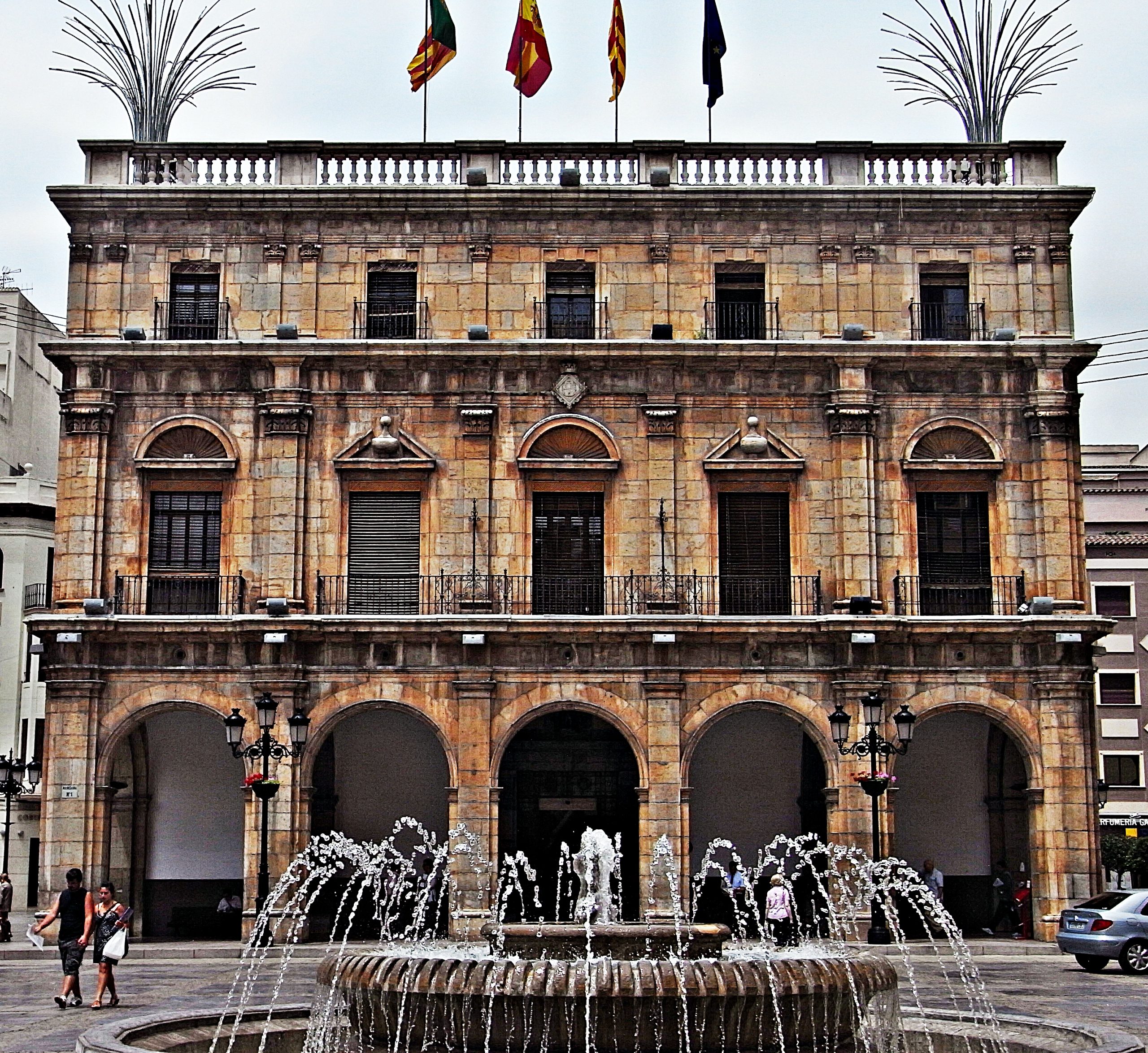A SPINSTER who died in Spain’s Valencia region at the age of 100 on October 1, 1988 left behind no will, but a considerable inheritance. It has taken 34 years to decide who the money should go to.
Josefa Martell, known according to Spanish daily El Pais as ‘la tia Pepa’, or ‘Aunty Pepa’, never married, and her parents and four siblings died before she did.
As she lost her relatives, she accumulated assets, with her family’s inheritances all passing to her: farmland, urban plots, and shares in the Banco de Valencia, among other items.
When the resident of Castellón province died, she was worth a hefty €4.7 million thanks to 32 holdings: 27 in the countryside, and five the city of Castellón de la Plana.
The legal battle over Martell’s estate broke out after two people passed notice to the Valencia regional government that it was likely to be the legal beneficiary in the absence of a will or surviving relatives.
This was not, however, a disinterested act: anyone who advises the Spanish authorities of such a situation can expect to receive 10% of the total value of the inheritance.
In 1991, according to El Pais, the Valencian regional government declared itself to be the only beneficiary of Martell – the largest inheritance that a regional government had ever received at that point.
But that was when the problems started. The local council in the Valencia city of Castellón filed an appeal against the destination of the assets, on the basis that the pertinent law was not Valencia’s probate legislation but rather the Civil Code, which specified that ‘two-thirds of the value’ should go to social causes.
The legal battle between the two administrations went all the way to the Supreme Court, which ruled in the early 2000s that the inheritance had to be shared out, with two-thirds of the total going to the city.
Rather than complying with the sentence, the Valencia regional government instead decided to trade the most-valuable plots in exchange for others or for future construction work in Valencia between the years 2003 and 2008. It was legally unable to sell them.
But now, 34 years later, an audit has established that these ‘incomprehensible’ decisions of the past, in the words of the city’s tax councillor Arcadi España, have left a total of around €1 million payable to Castellón.
Two-thirds of that, more than €600,000, has since been paid out to 11 organisations, including NGO Cáritas and the Down Syndrome Association, benefitting the good causes in the city where ‘tia Pepa’ once lived.
Read more:
- Massive stuffed animal collection with rare and extinct species worth €29 million discovered in Spain’s Valencia area
- Court orders man to pay back his dead wife’s inheritance in Spain because he found love again
Click here to read more Castellon News from The Olive Press.








